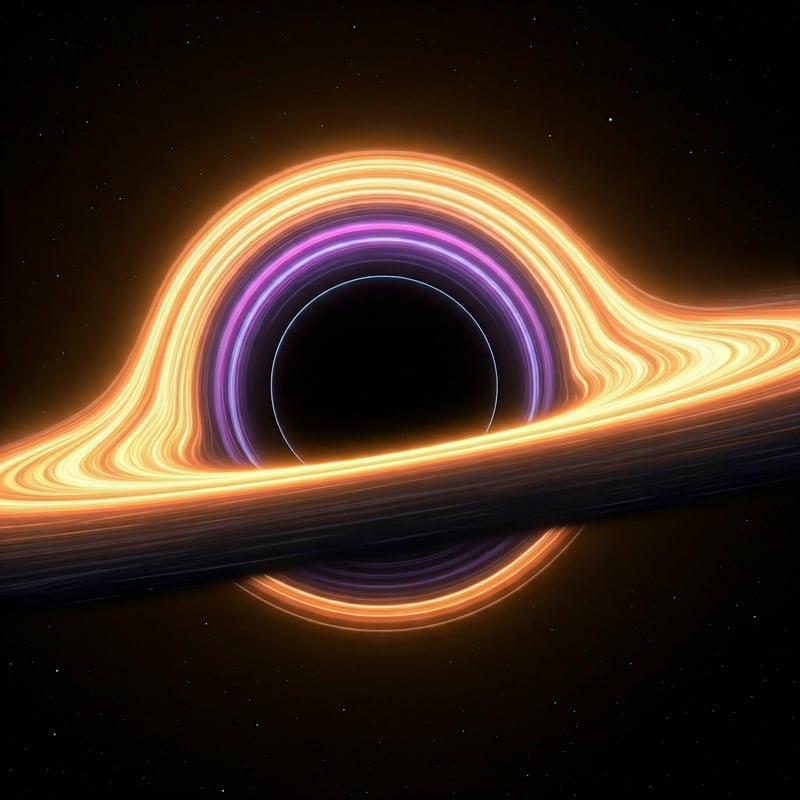Dark Matter
Unraveling the Secrets of the Cosmos
The cosmos, with its vast expanse of stars, galaxies, and mysteries, has fascinated humanity for centuries. Scientists have been on a quest to understand the secrets of the universe, uncovering phenomena that challenge our very perception of reality. One such enigma that continues to intrigue researchers is dark matter.
What is Dark Matter?
Dark matter is a mysterious substance that makes up about 27% of the universe, yet it does not emit, absorb, or reflect light, making it invisible and undetectable by traditional means. Despite its elusiveness, its presence is inferred through its gravitational effects on visible matter.
The Search for Dark Matter
Scientists are actively searching for dark matter using a variety of methods, including particle accelerators, underground detectors, and astronomical observations. While its exact nature remains unknown, the existence of dark matter is crucial for explaining the structure and behavior of galaxies and the cosmic web.
Implications of Dark Matter
The discovery of dark matter would revolutionize our understanding of the universe, shedding light on its composition, evolution, and ultimate fate. It could also provide insights into fundamental physics beyond the Standard Model, offering new avenues for scientific exploration.
Unveiling the Universe's Mysteries
As scientists continue their quest to unravel the secrets of the cosmos, dark matter stands out as one of the most compelling puzzles awaiting resolution. By delving into the depths of space and exploring the unseen realms of the universe, we inch closer to unlocking the mysteries that have captivated humanity for generations.

Join us on this journey of discovery as we strive to uncover the hidden truths that lie beyond the stars and galaxies, illuminating the dark corners of the cosmos and expanding our understanding of the universe.
For more information on dark matter and the mysteries of the cosmos, visit NASA's Dark Matter Page.
